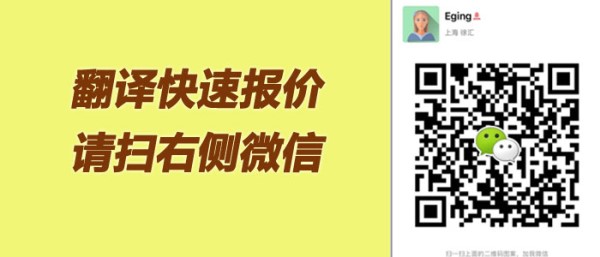The wordcollegecomes from Latin collegium, "association, partnership," from collega, "partner in office." In English, it dates from the 14th century and its early meanings were for a body of colleagues or an assemblage, as of companions. As an educational institution, it first referred to a self-governing corporation or society in auniversity, as the College of the Sorbonne in the University of Paris, and the colleges of Oxford and Cambridge. In Roman law, a collegium was a body of persons associated for a common function. The name was used by many medieval institutions – from guilds to the body that elected the Holy Roman emperor. The word university is from Latin universitas, "the whole," from universus, "combined into one." The term was used in English by 1300 and it referred to a whole body of teachers and students at a place for higher education. The words college and university are sometimes used synonymously. However, the difference usually drawn between a college and a university is that a college offers degrees in one or a few specific areas, while a university is a collection of colleges. When one attends a university, one is likely to be enrolled and then graduating from one of its colleges, such as the business college or college of fine arts. A university differs from a college in that it is usually larger, has a broader curriculum, and offers graduate and professional degrees in addition to undergraduate degrees. The earliest Western institution that could be called a university was a medical school in Salerno, Italy, in the 9th century.
Librarycomes from Latin libraria, "bookshop," and librarius, "relating to books," from liber, "book." Chaucer was the first recorded user of the word library in English (c 1374) as a place set aside to hold books for reading, reference, and study. A Latinized Greek word, bibliotheca, is the origin of the word for library in German, Russian, and the Romance languages. Archaeologists have found a temple in the Babylonian town of Nippur, dating from the first half of the 3rd millennium BC, in which a number of rooms were filled with clay tablets, suggesting a well-stocked archive or library.
At first,pencildenoted a fine paintbrush and the word is derived from a diminutive of Latin peniculus, "brush" – which itself is actually a diminutive of penis "tail." Chaucer also holds the distinction of having first used the word pencil (c 1386) as the instrument used in painting. By 1612, a pencil was a writing instrument – a thin cylinder with a tapering point made of various materials such as chalk, charcoal, graphite, plumbago, slate, etc. The amount of clay used determines the degree of hardness of the lead in a pencil, e.g. No.1 is soft, No. 2 is medium-soft, etc.
Schooltraces back to Greek skhole "lectureplace," but earlier it meant "leisure," "learned discussion," and "study." This very old word appeared in English by 1000 AD and it has cognates in nearly all Celtic, Romance, and Teutonic languages. It became Latin schola "school," and then Old English scól.
The wordstudyis based on Latin studium which meant "painstaking application" or "zeal, eagerness," and was related to Latin studere "to be zealous." Student, studio, and studious all share this base. Study's earliest uses are surprising: "affection, friendliness" (again, by Chaucer, c 1374), an "occupation or pursuit," and "a state of reverie or abstraction; state of perplexity." Soon, though, it was used to mean thought or effort that was applied toward the accomplishment of a purpose.
Teachin Old English (c 888) first meant "to present or point out; instruct" and the word is of Germanic origin. The word teacher was first used to mean "that which points out or shows," and then quickly became used in the sense of "instructor."





